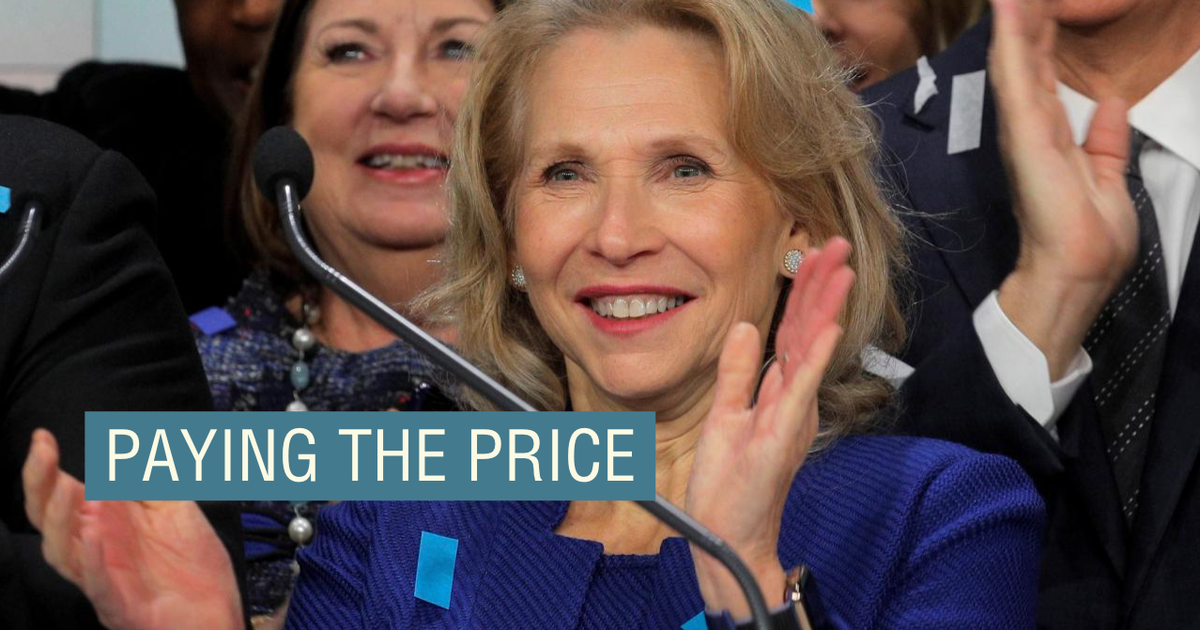California opens inquiry into Paramount and Trump

The California State Senate has invited two former top CBS figures to testify in a new inquiry into whether the network’s parent company has violated state laws against bribery and unfair competition.
Paramount offered President Donald Trump’s 2024 campaign $15 million to settle a lawsuit filed against CBS over a lightly edited interview with former Vice President Kamala Harris in October, the Wall Street Journal reported earlier this week. Trump refused the settlement, threatening to file an additional suit against the company, seeking federal approval for its merger with entertainment company Skydance.
The settlement talks have infuriated many staff members at CBS as well as many national Democrats who believe that Paramount is caving to pressure from Trump to settle a frivolous lawsuit.
In a new letter sent May 30, the chair of the California State Senate Energy, Utilities & Communications Committee, Josh Becker, and the Judiciary Committee chair, Thomas Umberg, invited former 60 Minutes producer Bill Owens and former CBS News president Wendy McMahon to testify in an upcoming hearing on the recent proposed settlement of a lawsuit.
The California Democrats, whose party controls the chamber, said the hearing would focus on the incident “and this matter’s potential impact on the competitive marketplace, media sector, and rule of law in California,” adding that it wanted to focus on whether the company breached fiduciary duties owed by Paramount board members to shareholders, misused corporate funds vulnerable to shareholder derivative litigation, or violated federal anti-bribery laws and California’s Unfair Competition Law.
“This inquiry is therefore not only about one company or one lawsuit, but about protecting the integrity of California’s communications economy, ensuring that public-facing media enterprises compete based on content and quality, not influence, capitulation, or political appeasement,” the letter said.
The letter continues: “Perhaps even more concerning is the potential chilling effect of Paramount’s settlement on investigative and political journalism. Such a settlement would signal that politically motivated lawsuits can succeed when paired with regulatory threats. It would damage public trust in CBS News and other California-based outlets, diminishing the state’s stature as a national leader in ethical journalism. Paramount’s capitulation would also undermine two essential pillars of a liberal democracy: a free press and an impartial, rule-of-law regulatory system.”
In a letter to Owens and McMahon, it said it was seeking to learn from both whether newsroom staff raised internal objections to the settlement or its motivations, whether any editorial decisions were impacted or overridden due to settlement concerns, whether internal counsel or leadership acknowledged the weakness of the lawsuit’s claims, and “whether anyone within the company indicated that settlement notwithstanding the litigation’s lack of merit might nevertheless be advantageous or necessary in order to influence the regulatory review of the merger.”
Friday’s letter was also sent to Paramount’s board of directors.
Paramount declined to comment on the California move. Owens and McMahon didn’t immediately respond to inquiries.